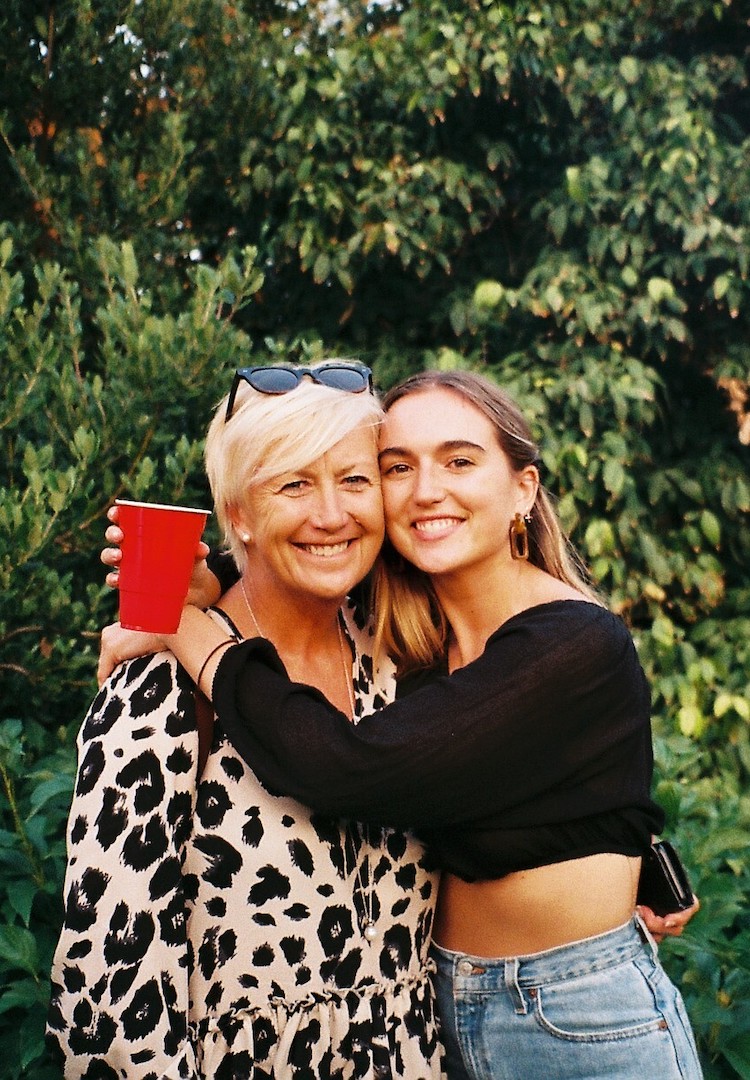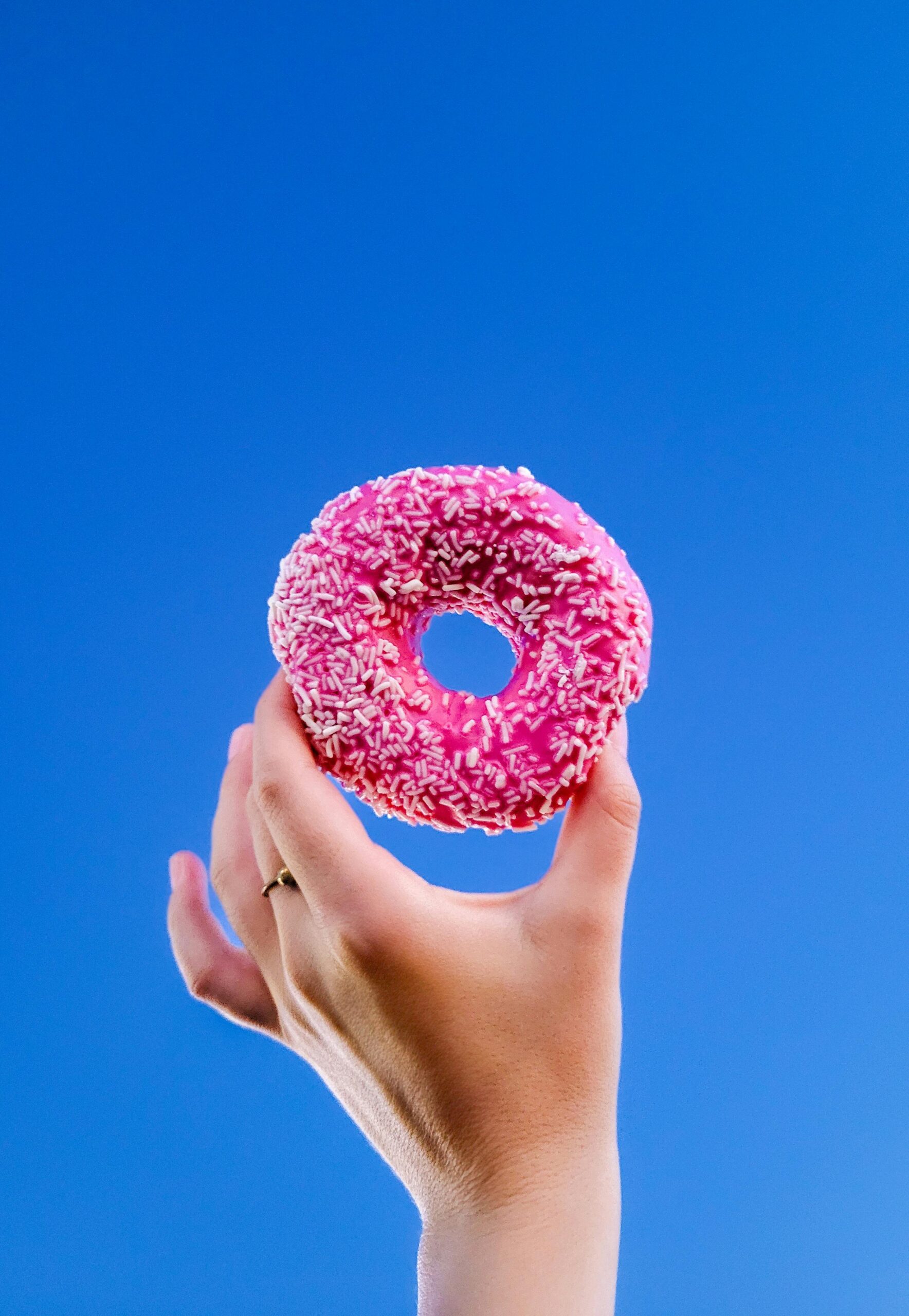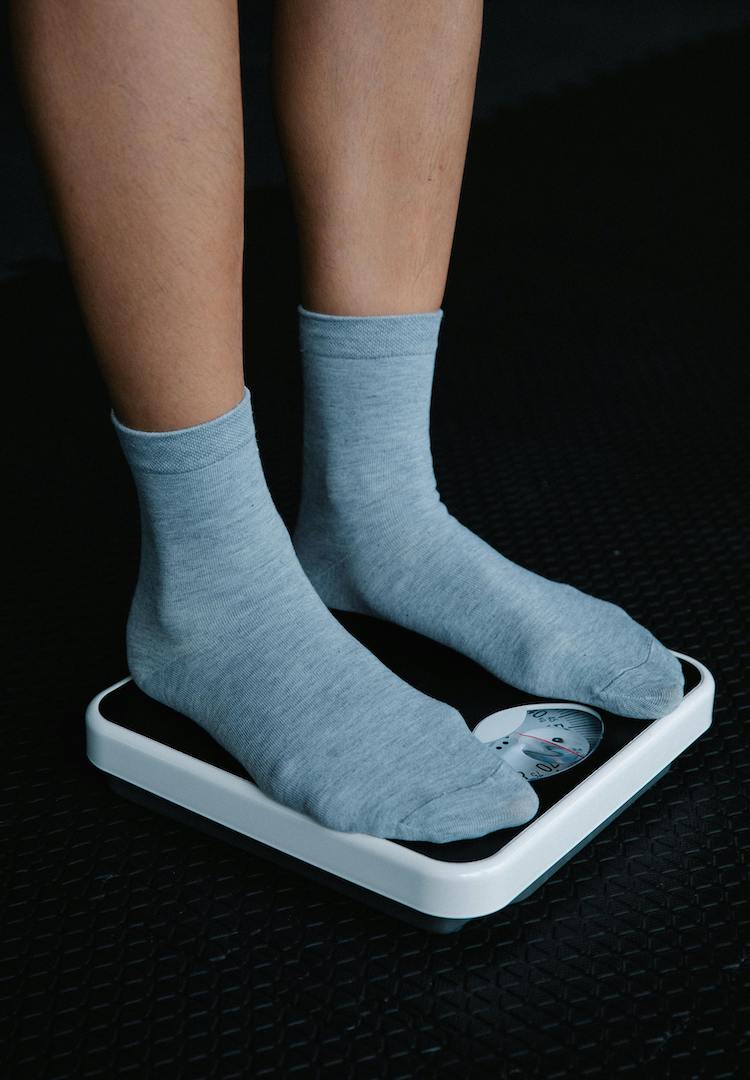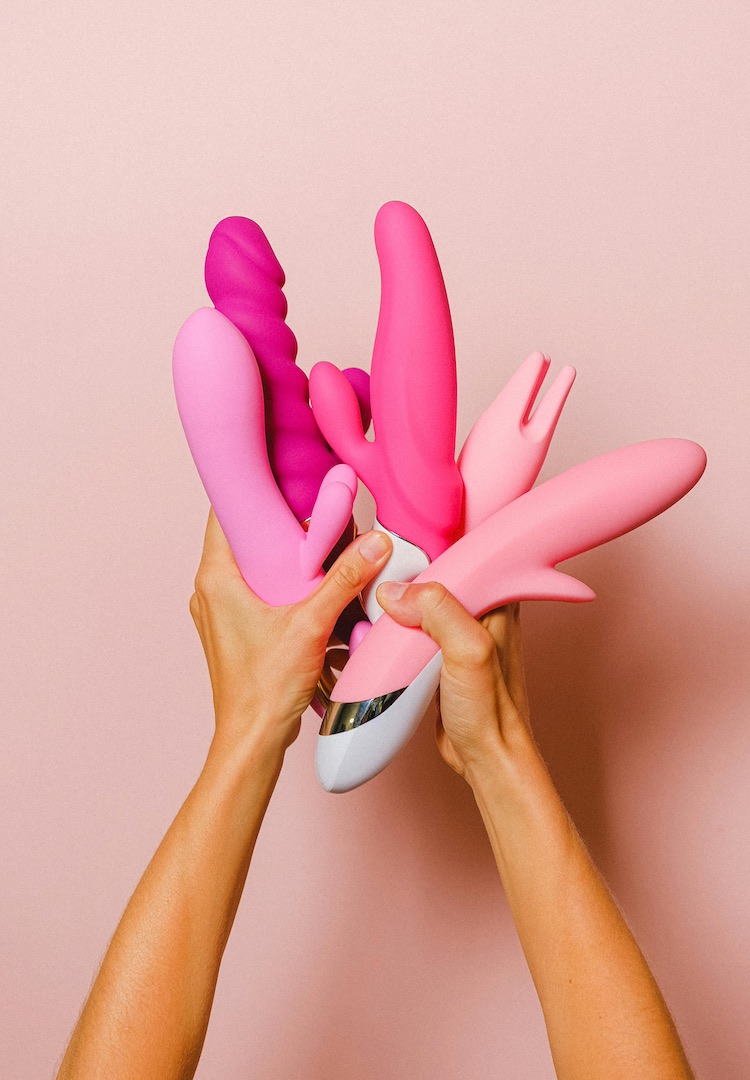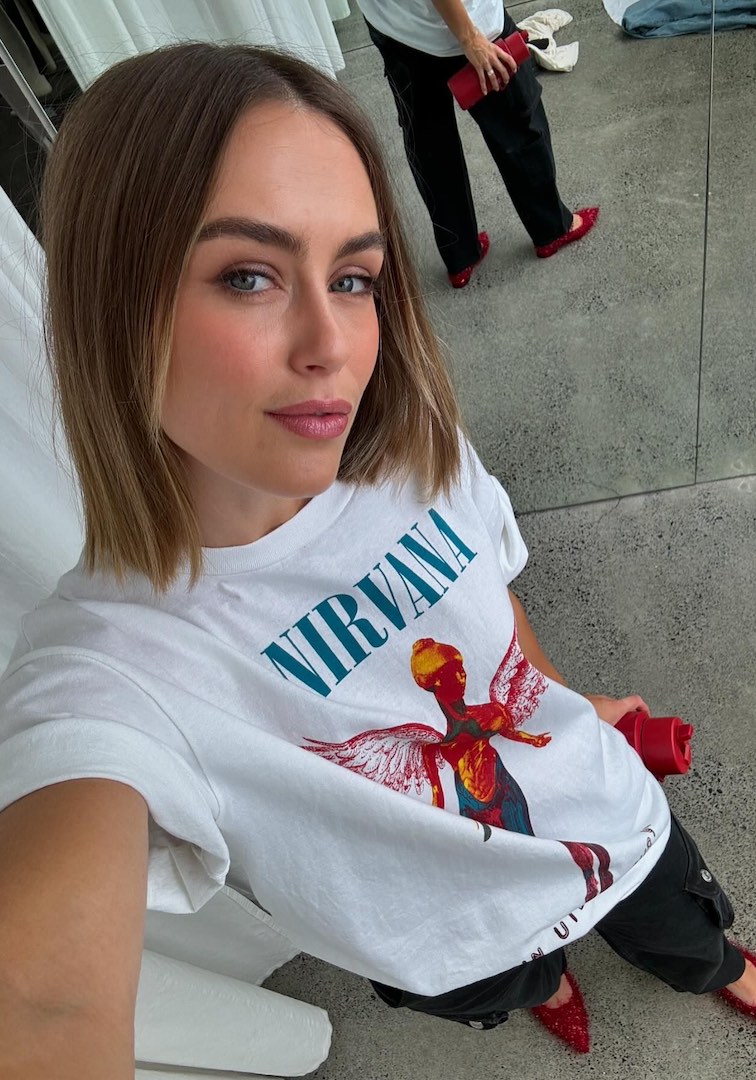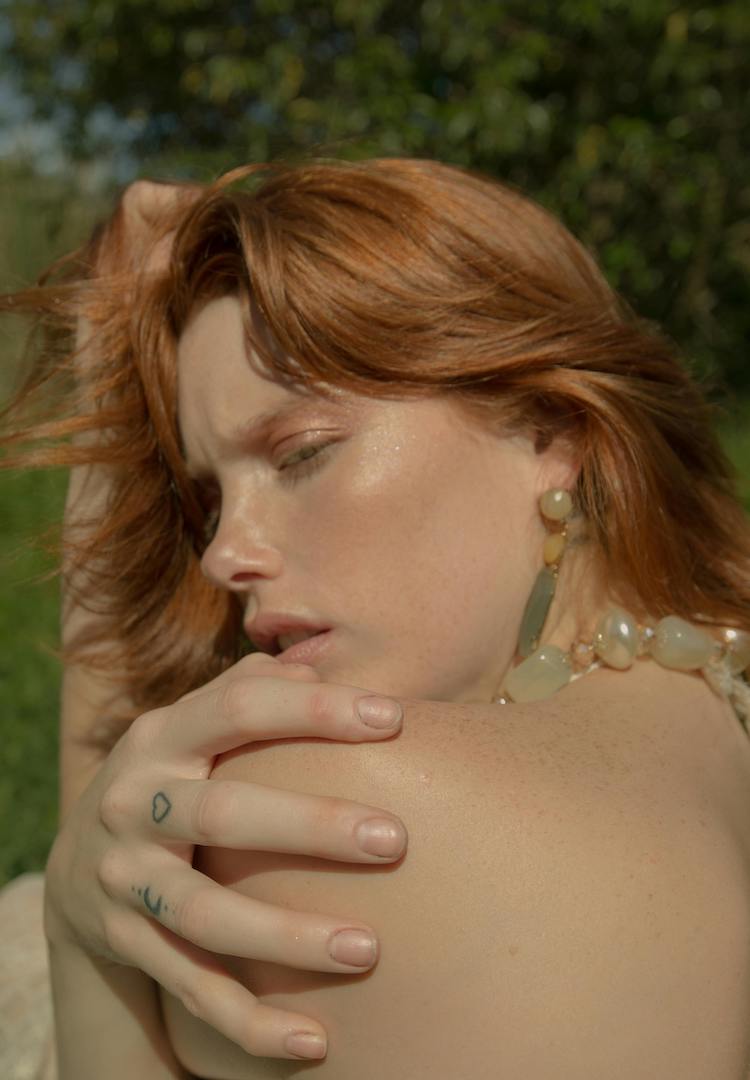How alcohol abuse and binge eating led to my ADHD diagnosis
Words by Mia Harrison
A rough time prompted a retrospective diagnosis.
Content warning: This article contains descriptions of alcohol abuse and binge eating disorder.
I’m walking around the office with my big chunky headphones on, thinking it’s giving cute and sexy German DJ girl. Nobody knows I’m actually listening to white noise, brown noise and aeroplane cabin sounds – basically any sort of low hum to drown out the constant noise of my open-plan workspace. Concentrating doesn’t come easy for me, in fact, it’s a battle to stay focused in a setting like this.
ADHD seems to be the new flavour of the month when it comes to mental disorders. I’m unsure whether this is thanks to a general destigmatisation, more access to mental health resources, a result of shortened attention spans (thanks TikTok), or all of the above. Whatever it is, it’s the disorder on everyone’s lips.
For more mental health content, scroll through our Life section.
Oddly, it appears to be turning into a disorder that people want to claim they have – much like people declaring they have obsessive-compulsive disorder when they organise the pens on their desks. It’s hard to know where I sit in relation to all of this and for a long time, I thought I was being overzealous in thinking that ADHD could be my prognosis. But it turns out, in the words of my psychologist, “I’m well over the threshold”.
The signs I missed
Women are more likely to go undiagnosed with ADHD well into adulthood. It often goes undetected because the poster child for the disorder has long been a fidgety, naughty, disruptive schoolboy. But ADHD usually presents vastly differently in girls. I completely flunked high school. It was humiliating. I had to go scoreless and complete VCE without doing my exams.
My teachers and parents couldn’t figure out why I struggled so much – even though I was ‘bright’, I didn’t succeed in a school environment. At the time, I felt just as perplexed as them. I had such a hard time concentrating in school that I couldn’t bring myself to sit in an exam and write about books I had not only not read, but barely comprehended the gist of during class discussions. I kept this struggle from my parents out of shame, so they were bewildered when it all came to the surface.
It was also around this time that I began spending any free moment I had indulging in whatever hyper-fixation I deemed to be important. I would neglect my responsibilities to access the dopamine provided by some trivial niche or fandom that tickled my brain. Out of shame, I kept these obsessions completely private.
While hyper-fixations might seem harmless and irrelevant, they’re a huge characteristic of ADHD, particularly in young girls. For me, they were coupled with insomnia, emotional outbursts, impulsivity, dissociation and trouble retaining information – a challenging mix, to say the least.
What triggered the conversation
Much to my surprise, it was my emotional outbursts and struggles with impulsivity that triggered the ADHD light bulb in my psychologist. It was also these issues that came to the forefront when I met my partner in 2020. I don’t need to remind anyone that 2020 was a weird time, but among the obvious angst of it all, I was dealing with emotions I didn’t yet know how to control. To make matters worse, I was also on medication that was completely wrong for me.
During this period, I found myself drinking alcohol habitually and having frequent binging episodes. These weren’t your standard ‘Oops, I’ve had too much to drink’ episodes; they were depressing and deliberate. I wouldn’t say I was addicted but I was abusing alcohol frequently.
The tears were endless as I tried to figure out why I had this insatiable need for destruction. I was obsessed with the dopamine hit I would get and would look forward to drinking every day but very quickly after I started, I would come crashing down and my self-worth would plummet. I was able to figure my way out of this hole with hard work and help from my psychologist. The only problem was that in an effort to change my relationship with drinking, that impulsive side of me just wanted to manifest itself somewhere else.
For me, this came in the form of binge eating which I carried out in private for some time. Like everything else I’ve discussed, I was hideously embarrassed by it. I felt completely out of control and worthless. Not even my partner, my mum or my housemates knew. I suffered alone and attempted to deal with the shame in my already overloaded head.
It was all I could think about, and it was preventing me from getting to sleep at night. It was around this time that my psychologist started asking me a lot of questions, eventually suggesting I could have ADHD and binge eating disorder (these conditions often go hand-in-hand). They told me about a little drug called Vyvanse, and I booked a psychiatrist appointment straight away.
It’s early days, but things are looking up
I’ve now been on Vyvanse for a few weeks and it’s been a great success so far. I had a jittery first few days but the change is vast – I feel like I barely know myself. My psychologist tells me it’s because ADHD is linked to a dysfunction of dopamine, not a lack of serotonin. This is why so many people who have been misdiagnosed with depression and/or anxiety have trouble finding the right medication.
At the moment, I’m waiting to see how the next three months go, but I can say that in my 23 years, I’ve never felt more stable. It’s such a relief to finally understand where all the negative thoughts I’ve had about myself have been coming from.
I wrote this piece to impart my experience to anyone who may be going through the same challenges but not have an understanding as to why. I feel extremely blessed to now have the help and support that I need, especially as many women still go undiagnosed. People forget that ADHD isn’t just being unorganised or forgetful – it’s complex and often expresses itself in ways that aren’t obvious.
This article was originally published on October 13, 2022.


